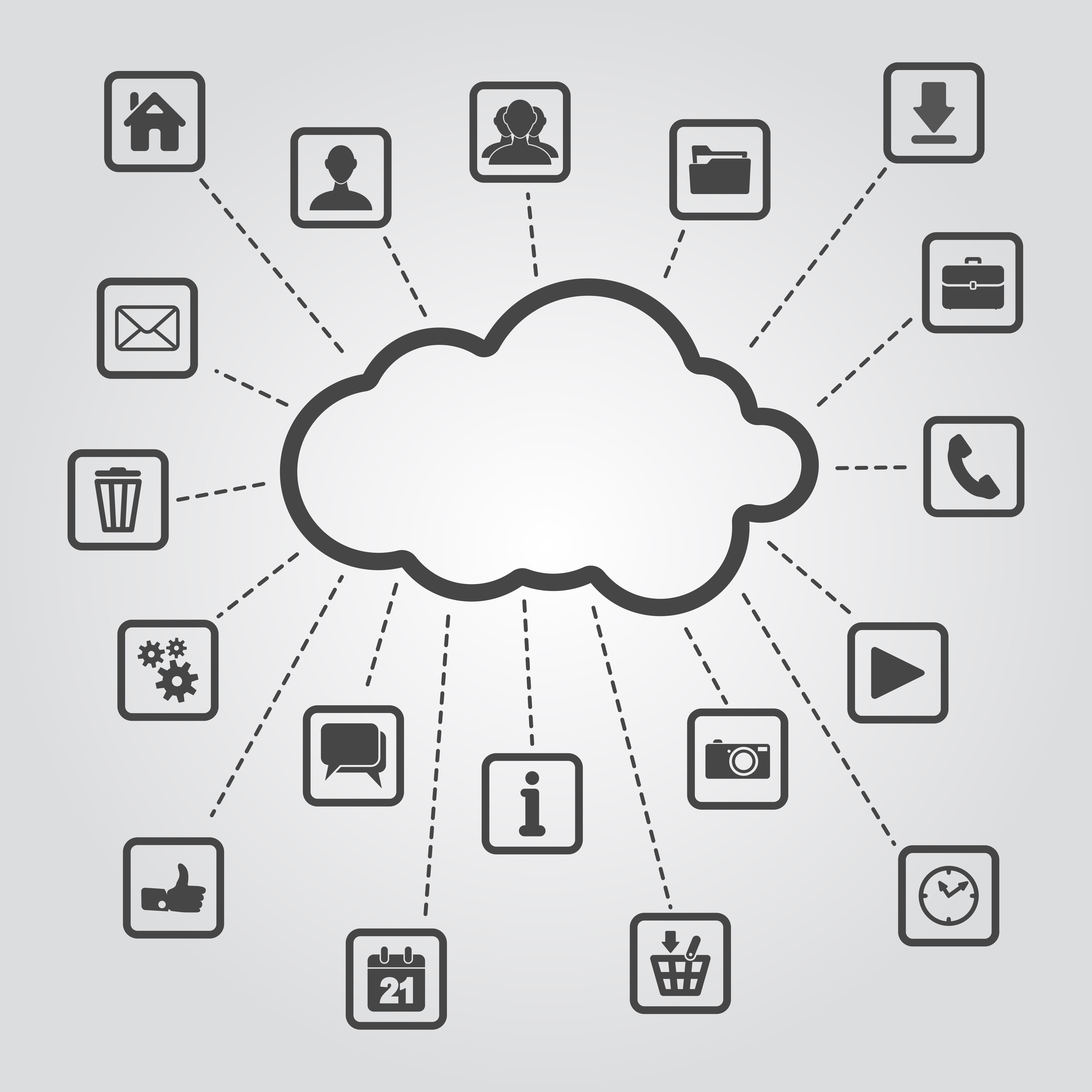Customer service is one of the most important aspects of an organization, but businesses are only just beginning to use it as a competitive advantage. While self-service is popular, it’s only one part of the bigger customer service experience. Other trends include:
- Chief Customer Officers (CCOs)
- Mobile devices
- In-store beacons
- Real-time analytics
- A focus on the customer experience
Self-Service
More and more customers are becoming digital natives. This competence can be beneficial to businesses that offer self-service support. However, it is important for companies to have an accessible advanced search, which will enable customers to solve the majority of issues on their own. Not only does it foster customer satisfaction, but it can reduce costs for the business.
CCOs
Strengthening the relationship with the customer is becoming the purview of the CCO. As a high-level executive, the CCO is responsible for keeping all members of the C-suite focused on maintaining and improving customer service.
Mobile Devices
Mobile devices will continue to overtake more classic devices like home desktops. This not only aids in accessibility, but also means that there will be more data input from smart machines and the Internet of Things (IoT). The traditional creation of applications will need to be overhauled in order to more closely align to mobile use.
Businesses can use this to their customer service advantage by considering mobile first when creating or buying applications. A customer’s previous interactions, information, current location, and interests will enable businesses to make real-time decisions.
In-Store Beacons
There’s a fine line to walk when deploying in-store beacons; too many can cause customers to simply delete the app. However, reaching the right customer with relevant information at the right time can improve the customer experience.
Real-Time Analytics
Understanding customer patterns can be key to providing them with efficient and excellent customer service. CRM companies are beginning to offer applications with real-time analytics and the ability to process big data. Businesses can use this information to analyze customer patterns and find ways to improve, which will lead to happier customers and increased sales.
According to the 2014 CRM/Unified Commerce Benchmark Survey from Boston Retail Partners, real-time analytics are currently used by 22 percent of retailers. This number is expected to grow to 61 percent by 2017. These businesses are showing a focus on the customer experience, which will enable them to continue to be competitive in their industry.
Focus on the Customer Experience
By 2019, the market for customer experience management is expected to reach $8.9 billion. This is a result of businesses turning their focus toward customer service, but there is still a need to improve the experience for the customer.
To maintain customer loyalty, businesses should focus on how customers interact with their products and services, and determine how customer touchpoints can be improved. Loyal customers expect businesses to know their preferences, and by focusing on the customer, businesses are able to make the experience more personalized and trustworthy.
By leveraging these trends to their benefit, businesses also benefit their customers by providing improved service and support. With the use of real-time analytics, mobile devices, in-store beacons, and CCOs, businesses will increase their competitive edge without sacrificing the trust of their customers.



